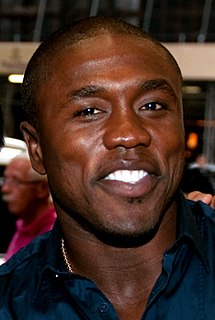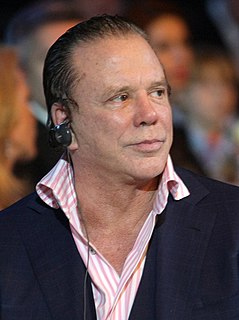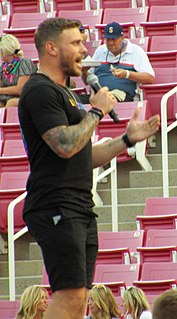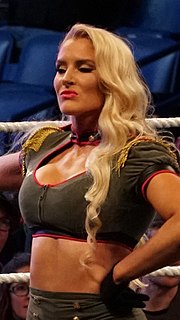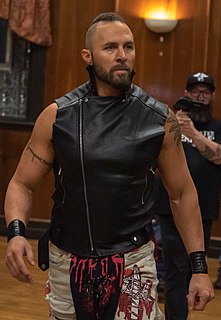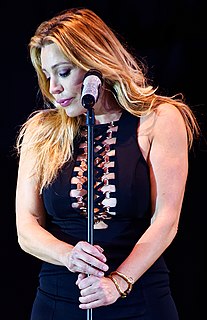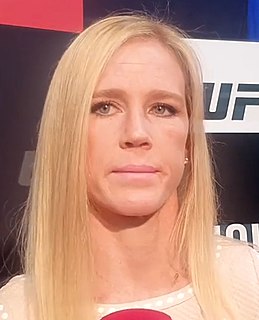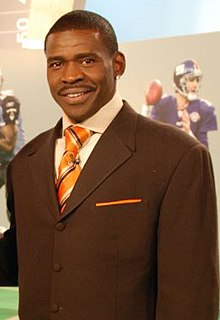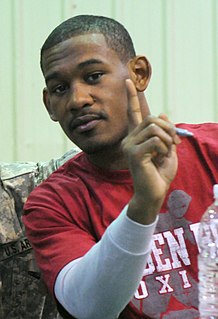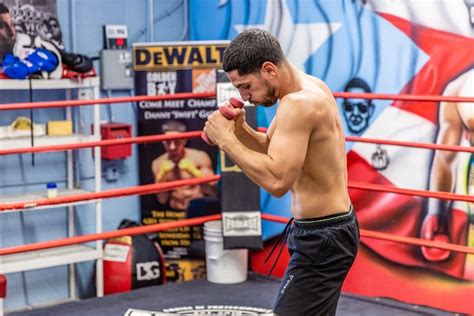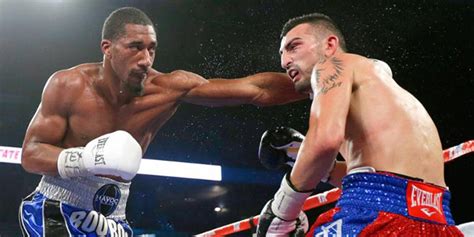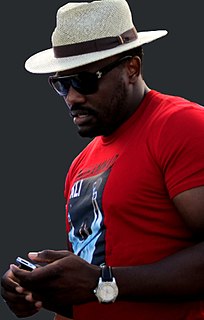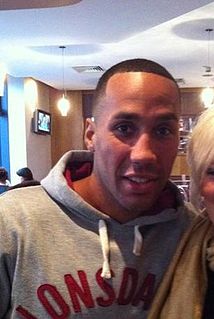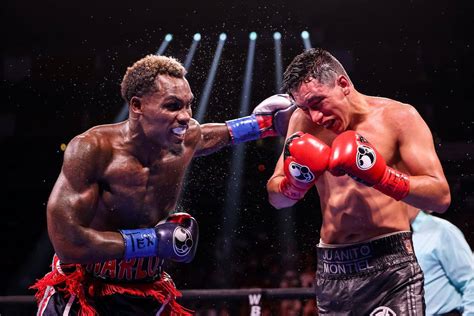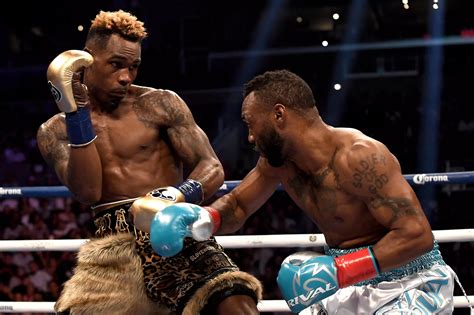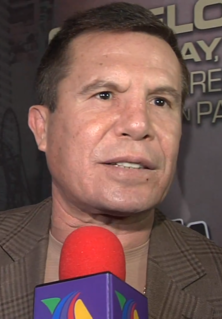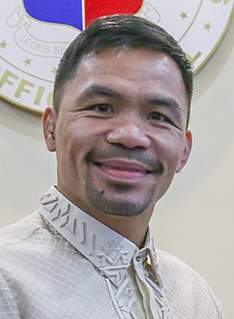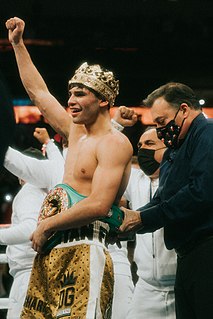A Quote by Andre Berto
It's a different mindset. Coming from where I come from, we always had to defeat the odds. We didn't have what other people had. We had to work twice as hard for everything. To be noticed to be seen. Even back then it drove me to be the best that I can be. I wanted everyone to know I was somebody you had to watch.
Related Quotes
I had achieved so much success in my career and then had this spectacular fall from grace that left me unemployed and living in a town, Los Angeles, that is built on envy. Once you fall, people don't really root for you to come back again. I'd go to restaurants where I always had the best table and half the time they wouldn't even let me pay. And then when I stopped making movies, the same places wouldn't even give me a lousy table, never mind the best one!
My mother had two unshakable beliefs that she tried to drill into me. The first was that I had to study and work twice as hard as my white peers if I wanted to survive in America, and the second was that it was delusional and dangerous to believe I possessed the same freedom white people had to pursue my dreams.
Have you ever noticed that Jesus is never recorded as taking a holiday? He retired for the purposes of his mission, not from it. He was never destroyed by his work; he was always on top of it. He moved among people as the master of every situation. He was busier than anyone; the multitudes were always at him, yet he had time, for everything and everyone. He was never hurried, or harassed, or too busy. He had complete supremacy over time; he never let it dictate to him. He talked of my time; my hour. He knew exactly when the moment had come for doing something and when it had not.
It's sad when you can't make everyone happy, though. It's impossible but, at the same time, you still hope. You think, 'Maybe I can do it,' but you know you can't. But gosh, if I had to rely on giving people what they wanted, I would have had to write 40 billion different books and even then, I wouldn't get it right.
I had no idea about where I was going. I had no sense of art as anything other than a problem to be fixed, you know, an itch to be scratched. I was in that studio trying my best to feel content with myself. I had, like, a stipend. I had a place to sleep. I had a studio to work in. I had nothing else to think about, you know. And that's - that was a huge luxury in New York City.
Bill Phillips was this nervous, chain-smoking student. He had signed up to be an engineer, he had gone away to fight in the Second World War, he had come back. He had switched to sociology because he wanted to understand how people could do these terrible things to each other. And he did a little bit of economics on the side.
I had to change. I had to change was the thought that drove me in those months of planning. Not into a different person, but back to the person I used to be—strong and responsible, clear-eyed and driven, ethical and good. And the PCT would make me that way. There, I’d walk and think about my entire life. I’d find my strength again, far from everything that had made my life ridiculous.
When you go to war as a boy you have a great illusion of immortality. Other people get killed; not you. . . . Then when you are badly wounded the first time you lose that illusion and you know it can happen to you. After being severely wounded two weeks before my nineteenth birthday I had a bad time until I figured out that nothing could happen to me that had not happened to all men before me. Whatever I had to do men had always done. If they had done it then I could do it too and the best thing was not to worry about it.
